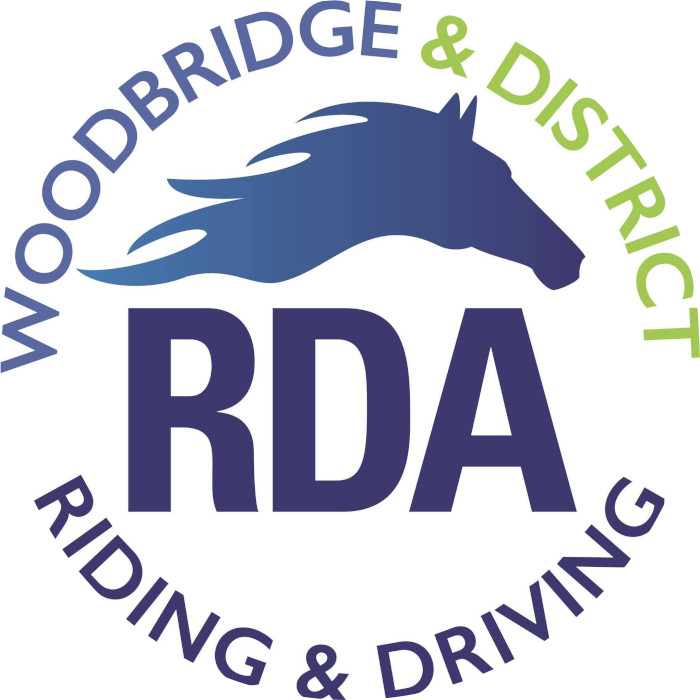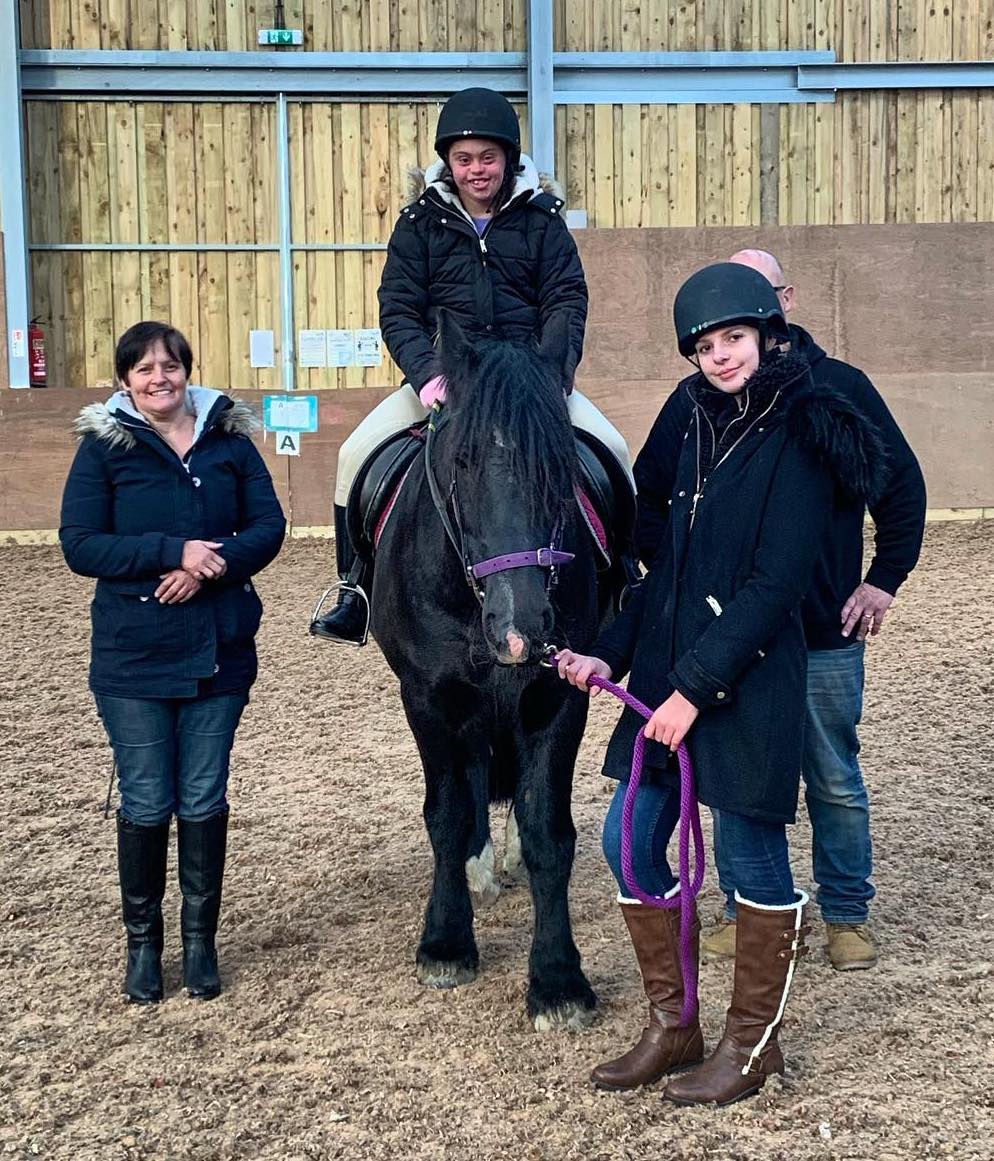Riding Case Study
Every Saturday morning a group of committed riders arrives punctually at Woodbridge and District RDA centre full of enthusiasm and excitement for what lies ahead.Paige and Hope are sisters who have been riding for over ten years and Bella joins them regularly for the session. Their joy is evident from the moment they reach the yard. Dee spoke of what lockdown was like for her two daughters, with no chance of being able to ride at the height of the pandemic. ‘In lockdown they both suffered a lot. They were sad and low and they fell through a spike of depression. They were in their rooms all the time and were worried that the riding centre might close down permanently.’
Paige suffers from epilepsy that is triggered by stress and Dee worried that time away from the horses would do physical as well as mental harm. Riding for Hope is also a therapeutic activity and helps develop her muscle tone. Being deprived of the opportunity to gently exercise her back muscles was a real concern. Being told the stables were once again open, and the girls could recommence their riding, was a cause for celebration. As Dee explained, ‘Hope is not independent at all, but she is here. It is the highlight of her week. Riding benefits both my girls and develops their core stability and confidence’.
Bella lives with a rare genetic disease that affects her balance and causes her to stumble, trip and fall. As a result, she finds it hard to join in physical activities at school as they can be too boisterous for her. As her father stated, ‘This is the only activity that Bella can do on equal terms- where she doesn’t feel different. It provides freedom.’ Bella’s neurologist at Addenbrooke’s Hospital has observed a marked improvement and attributes this to her riding, commenting that she had ‘come on so much’ as a result of the sessions at Woodbridge and District RDA.
Although Bella has a wheelchair, she rarely uses it now. She has also learned to distinguish her right from her left as a result of working on this when riding. Coloured tape is placed on the reins and the riders know that red means right and white is left. Manoeuvring a horse around bollards requires the ability to ‘ask’ the horse to turn using the correct rein and Bella has mastered this. Indeed, her father commented that she has taken this skill and transferred it to her scooter at home, which she is now able to navigate safely and with confidence. Let’s just hope the scooter is as well behaved as the ponies she rides each week!
Although Bella has a wheelchair, she rarely uses it now. She has also learned to distinguish her right from her left as a result of working on this when riding. Coloured tape is placed on the reins and the riders know that red means right and white is left. Manoeuvring a horse around bollards requires the ability to ‘ask’ the horse to turn using the correct rein and Bella has mastered this. Indeed, her father commented that she has taken this skill and transferred it to her scooter at home, which she is now able to navigate safely and with confidence. Let’s just hope the scooter is as well behaved as the ponies she rides each week!
© 2021 RDA (Woodbridge & District Group)


